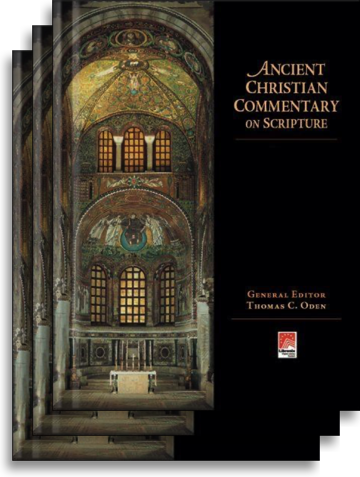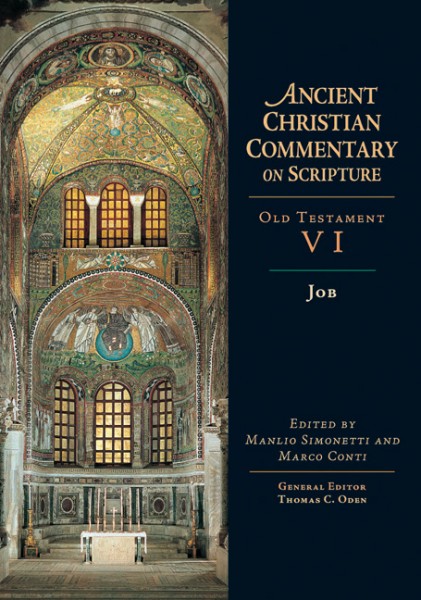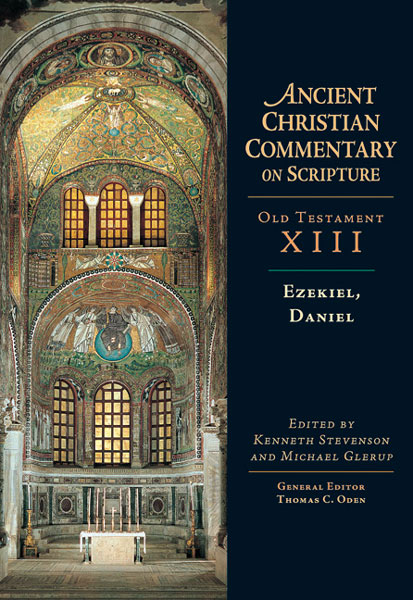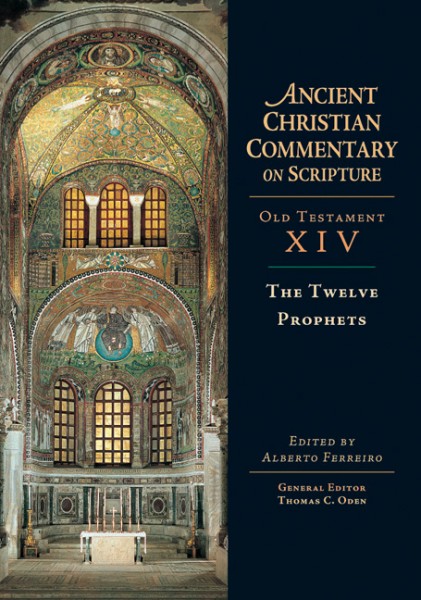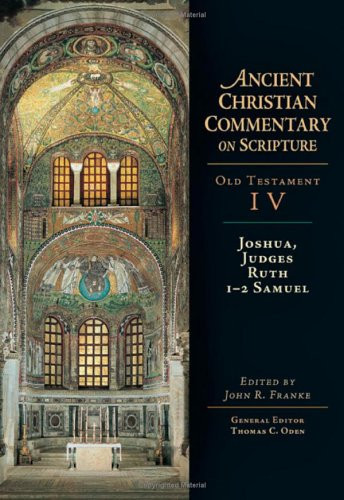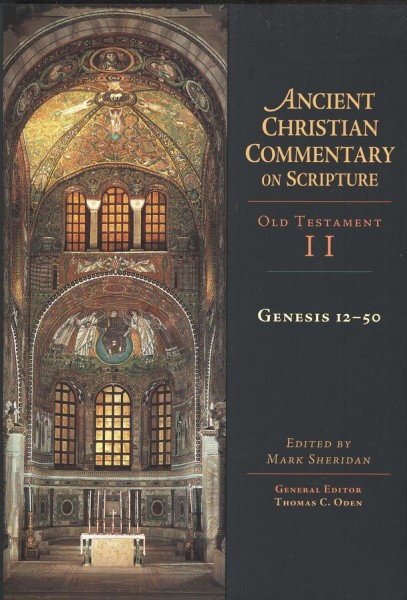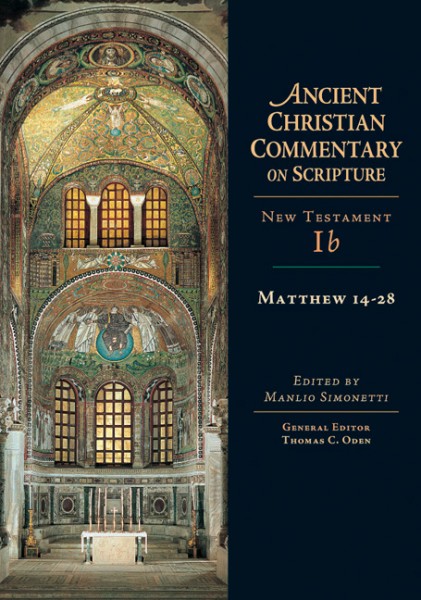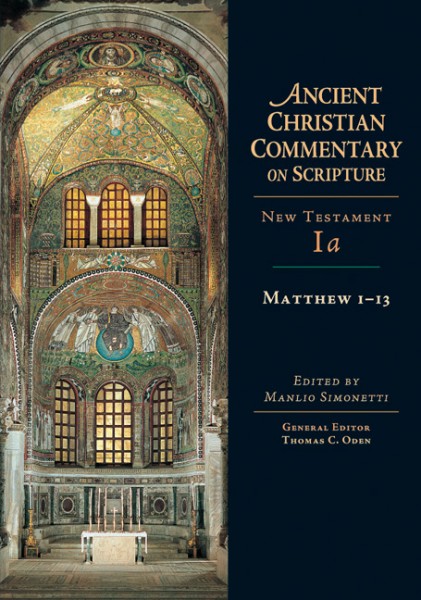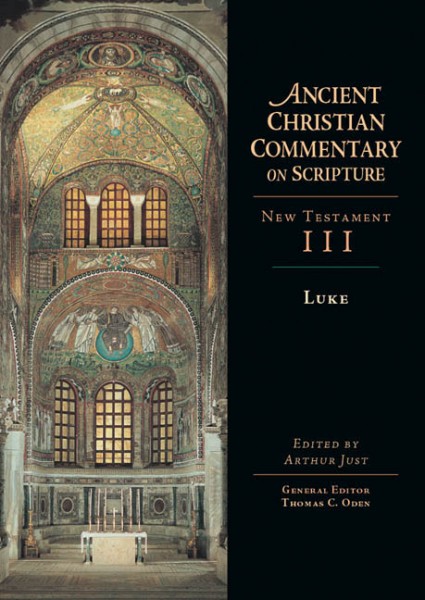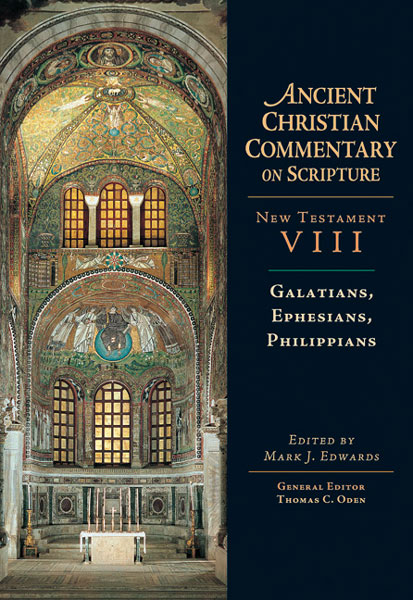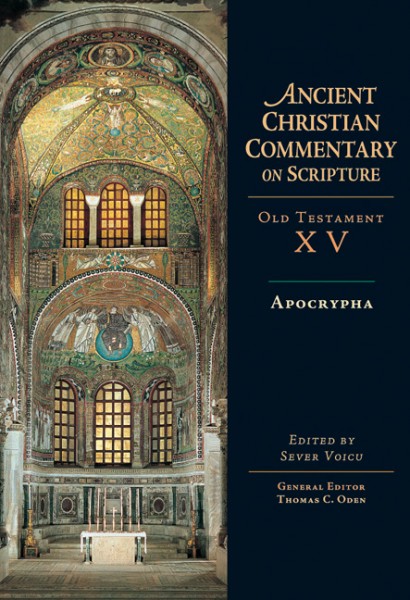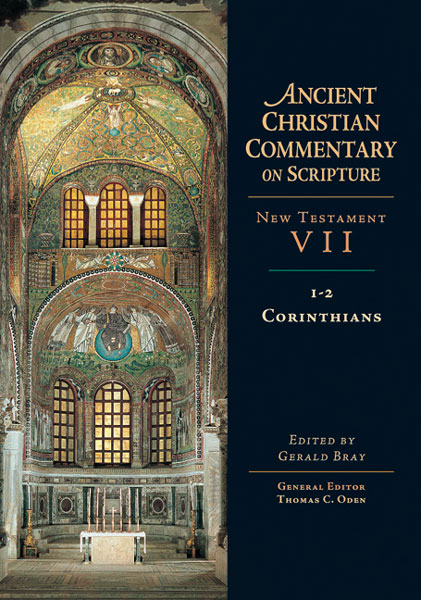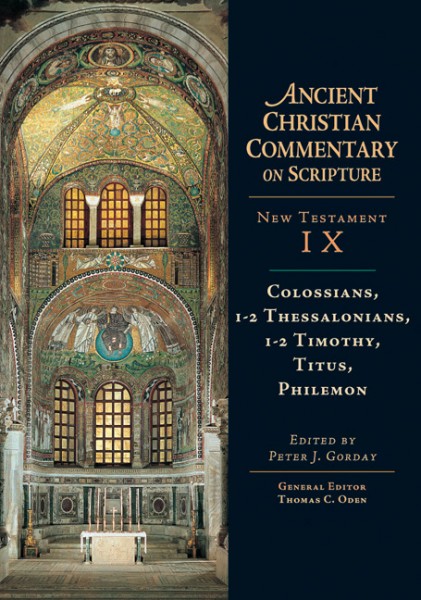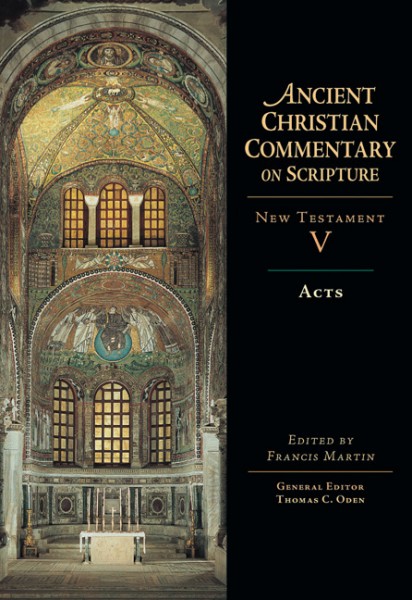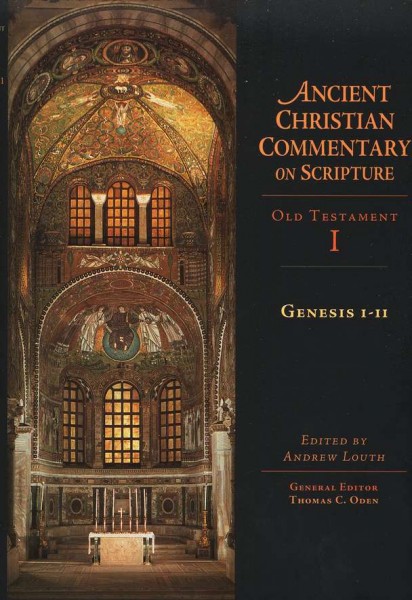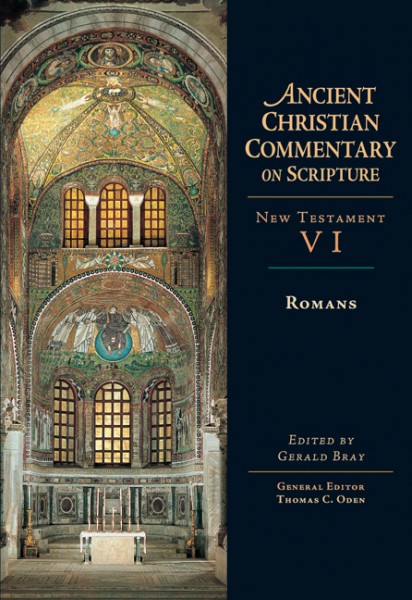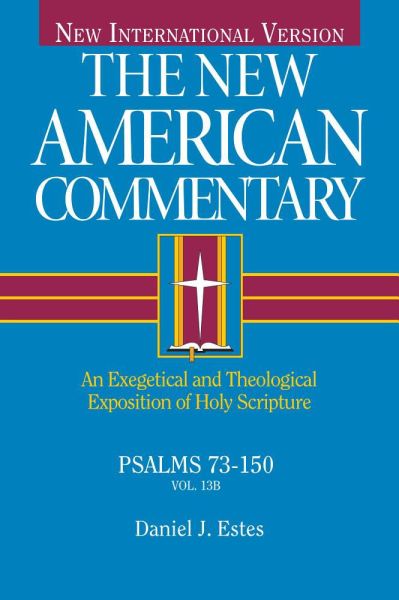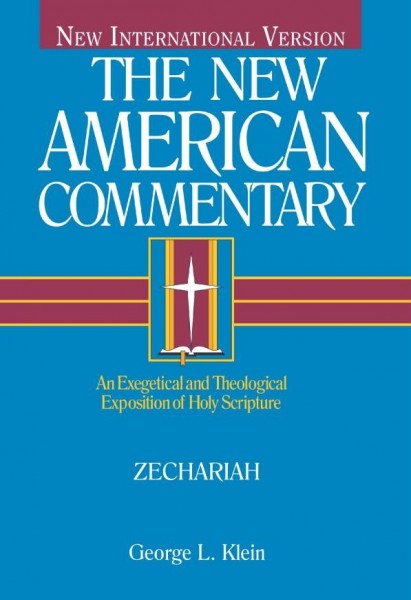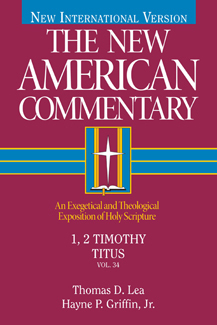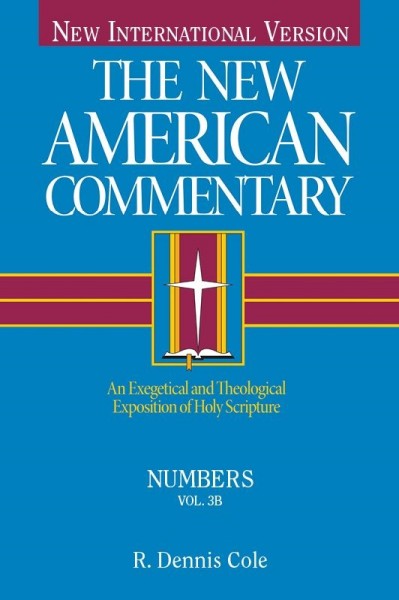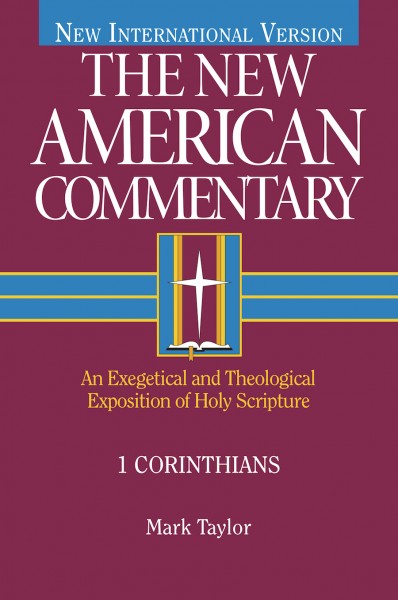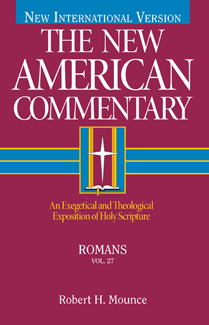


Psalms 51-150: Ancient Christian Commentary on Scripture (ACCS)

Psalms 51-150: Ancient Christian Commentary on Scripture (ACCS)
The Ancient Christian Commentary on Scripture does what very few of today's students of the Bible could do for themselves. With the aid of computer technology, the vast array of writings from the church fathers—including much that is available only in the ancient languages—have been combed for their comment on Scripture. From these results, scholars with a deep knowledge of the fathers and a heart for the church have hand-selected material for each volume, shaping, annotating and introducing it to today's readers. Each portion of commentary has been chosen for its salient insight, its rhetorical power and its faithful representation of the consensual exegesis of the early church.
The Ancient Christian Commentary on Scripture is an ecumenical project, promoting a vital link of communication between the varied Christian traditions of today and their common ancient ancestors in the faith. On this shared ground, we listen as leading pastoral theologians of seven centuries gather around the text of Scripture and offer their best theological, spiritual and pastoral insights.
Today the historical-critical method of interpretation has nearly exhausted its claim on the biblical text and on the church. In its wake there is a widespread yearning among Christian individuals and communities for the wholesome, the deep and the enduring. The Ancient Christian Commentary on Scripture does not seek to replace those excellent commentaries that have been produced in the twentieth century. Rather, it supplements them, framing them with interpretive voices that have long sustained the church and only recently have fallen silent. It invites us to listen with appreciative ears and sympathetic minds as our ancient ancestors in the faith describe and interpret the scriptural vistas as they see them.
The Ancient Christian Commentary on Scripture is a postcritical revival of the early commentary tradition known as the glossa ordinaria, a text artfully elaborated with ancient and authoritative reflections and insights. An uncommon companion for theological interpretation, spiritual reading, and wholesome teaching and preaching.
About the Psalms 51-150 volume:
The Psalms have long served a vital role in the individual and corporate lives of Christians, expressing the full range of human emotions, including some that we are ashamed to admit. The Psalms reverberate with joy, groan in pain, whimper with sadness, grumble in disappointment and rage with anger.
The church fathers employed the Psalms widely. In liturgy they used them both as hymns and as Scripture readings. Within them they found pointers to Jesus both as Son of God and as Messiah. They also employed the Psalms widely as support for other New Testament teachings, as counsel on morals and as forms for prayer.
Especially noteworthy was their use of Psalms in the great doctrinal controversies. The Psalms were used to oppose subordinationism, modalism, Arianism, Apollinarianism, Nestorianism, Eutychianism and Monophysitism, among others.
More than fifty church fathers are cited here from Ambrose to Zephyrinus. From the British Isles, Gaul and the Iberian Peninsula, we find Hilary of Poitiers, Prudentius, John Cassian, Valerian of Cimiez, Salvian the Presbyter, Caesarius of Arles, Martin of Bruga, Braulio of Saragossa and Bede. From Rome and Italy, we find Clement, Justin Martyr, Callistus, Hippolytus, Novatian, Rufinus, Maximus of Turin, Peter Chrysologus, Leo the Great, Cassiodorus and Gregory the Great. Carthage and North Africa are represented by Tertullian, Cyprian, Augustine and Fulgentius. Fathers from Alexandria and Egypt include Clement, Origen, Dionysius, Pachomius, Athanasius, Cyril and Poemen. Constantinople and Asia Minor supply the Great Cappadocians--Basil the Great and the two Gregorys, from Nazianzus and Nyssa--plus Evagrius of Pontus and Nicetas of Remesiana. From Antioch and Syria we find Ephrem, John Chrysostom, Theodore of Mopsuestia, Theodoret of Cyr, Philoxenus of Mabbug, Sahdona and John of Damascus. Finally, Jerusalem, Palestine and Mesopotamia are represented by Eusebius of Caesarea, Aphrahat, Cyril, Jacob of Sarug, Jerome and Isaac of Nineveh.
Readers of these selections, some appearing in English for the first time, will glean from a rich treasury of deep devotion and profound theological reflection.
